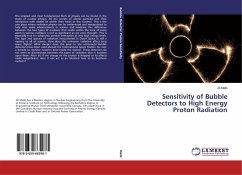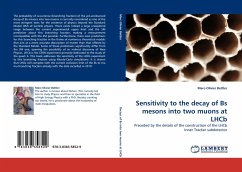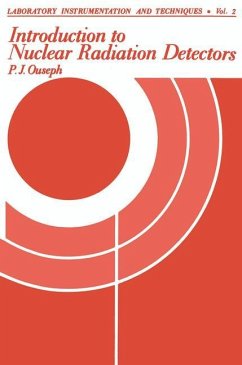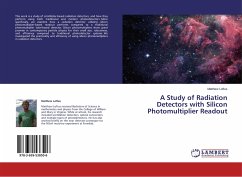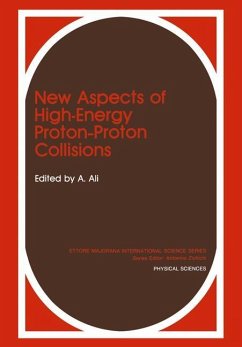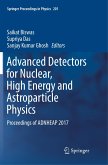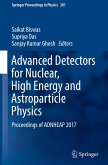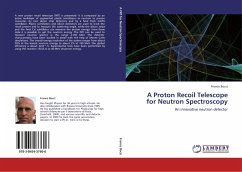The simplest and most fundamental form of physics can be found in the study of nuclear physics. All the secrets of atomic particles and their interaction with matter lie within their heart or the 'nucleus'. This is the one place where radiation physics can be understood and manipulated to help man make advancements in science and medicine. The difference between the two types of nucleons that reside within the core of every atom in various numbers is not as significant as we once thought. This is especially true for subatomic particle interaction at very high energy levels. The type and spectra of radiation encountered in Outer Space in still a mystery to all of science. How does this unknown radiation affect long space flights? What danger does this pose to the astronauts? Bubble detectors have been used abroad the International Space Station for over a decade to monitor neutron dose inside the Station. These detectors do not seem to discriminate between the types of radiation that is incident upon them. After all, if the charge on the proton is stripped or its affects made insignificant, does it not act as an identical twin to its brethren nucleon?
Bitte wählen Sie Ihr Anliegen aus.
Rechnungen
Retourenschein anfordern
Bestellstatus
Storno

